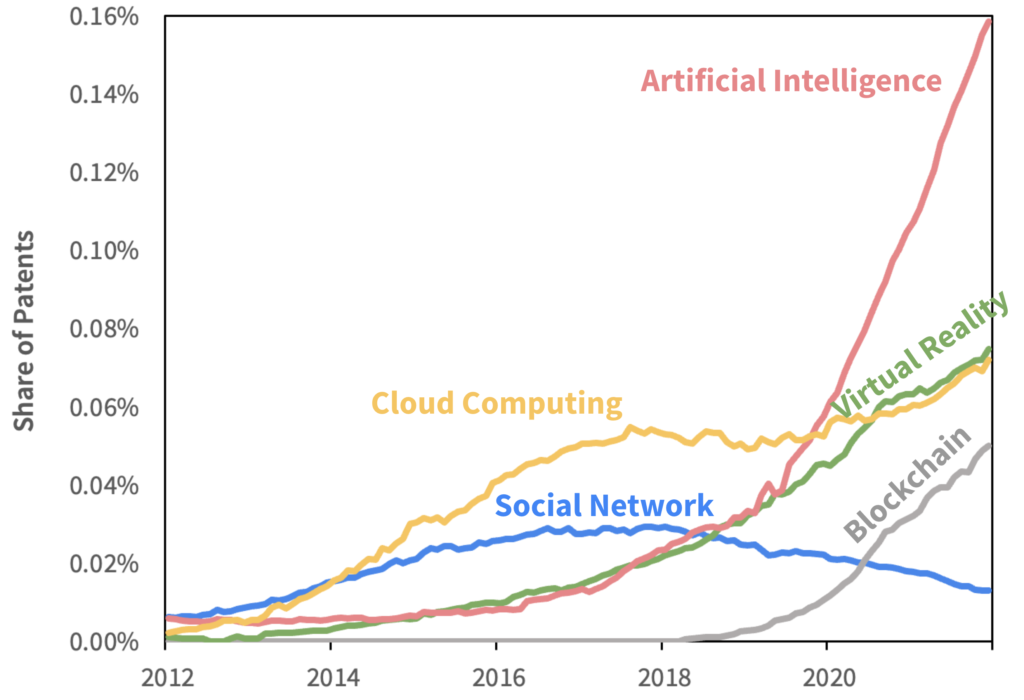Return on investment (ROI) is often the cornerstone of C-level decision making. But even as businesses embrace AI and spending is on the rise, a high ROI is not guaranteed. Making the business case for AI is challenging where the VentureBeat article titled “The truth about AI and ROI: Can artificial intelligence really deliver?” explains some of the reasons why. But the biggest challenge that I have seen is that AI often does not map to an isolated use case that can be measured through ROI.
In our discussions with customers and partners, we get asked basic questions about AI. Scott Pringle recently wrote a piece on “Do AI Systems Get Smarter Over Time?” which steps through how AI models learn. This is a great five minute read for someone interested in how AI works but not steeped in python or neural networks.
Enjoy your fourth of July celebration with these and other weekly reads:
- The truth about AI and ROI: Can artificial intelligence really deliver? More than ever organizations are putting their confidence – and investment – into the potential of artificial intelligence (AI) and machine learning (ML). (VentureBeat)
- Do AI Systems Get Smarter Over Time? AI systems are smart, but they do not learn after they are deployed. The “learning” part of an AI system happens during training. (SphereOI)
- A CIO’s guide to practical AI applications. There is plenty of talk about artificial intelligence in the enterprise, but a lot of it is not very practical. That’s because enterprises aren’t equipped with an army of data scientists to build and train new AI models. (TechRepublic)
- Software Development Outsourcing Will Grow 70% by Next Year 2023 [Forecast]. Each industry has different organizations. Some are capable of hiring an in-house team for software development, and some collaborate with a software outsourcing company. (Security Boulevard)

